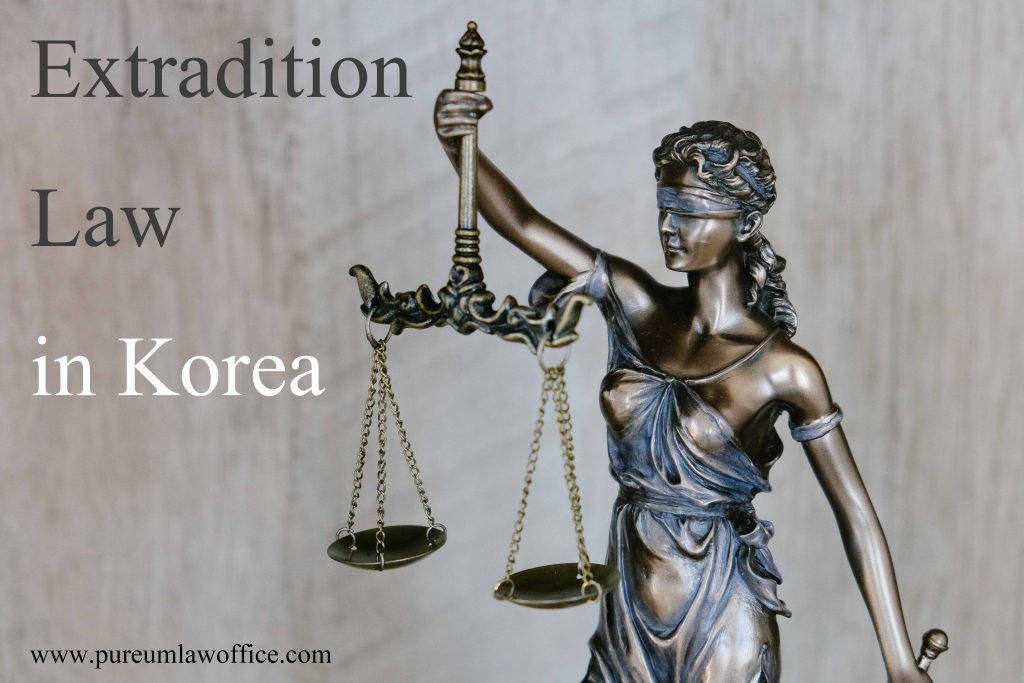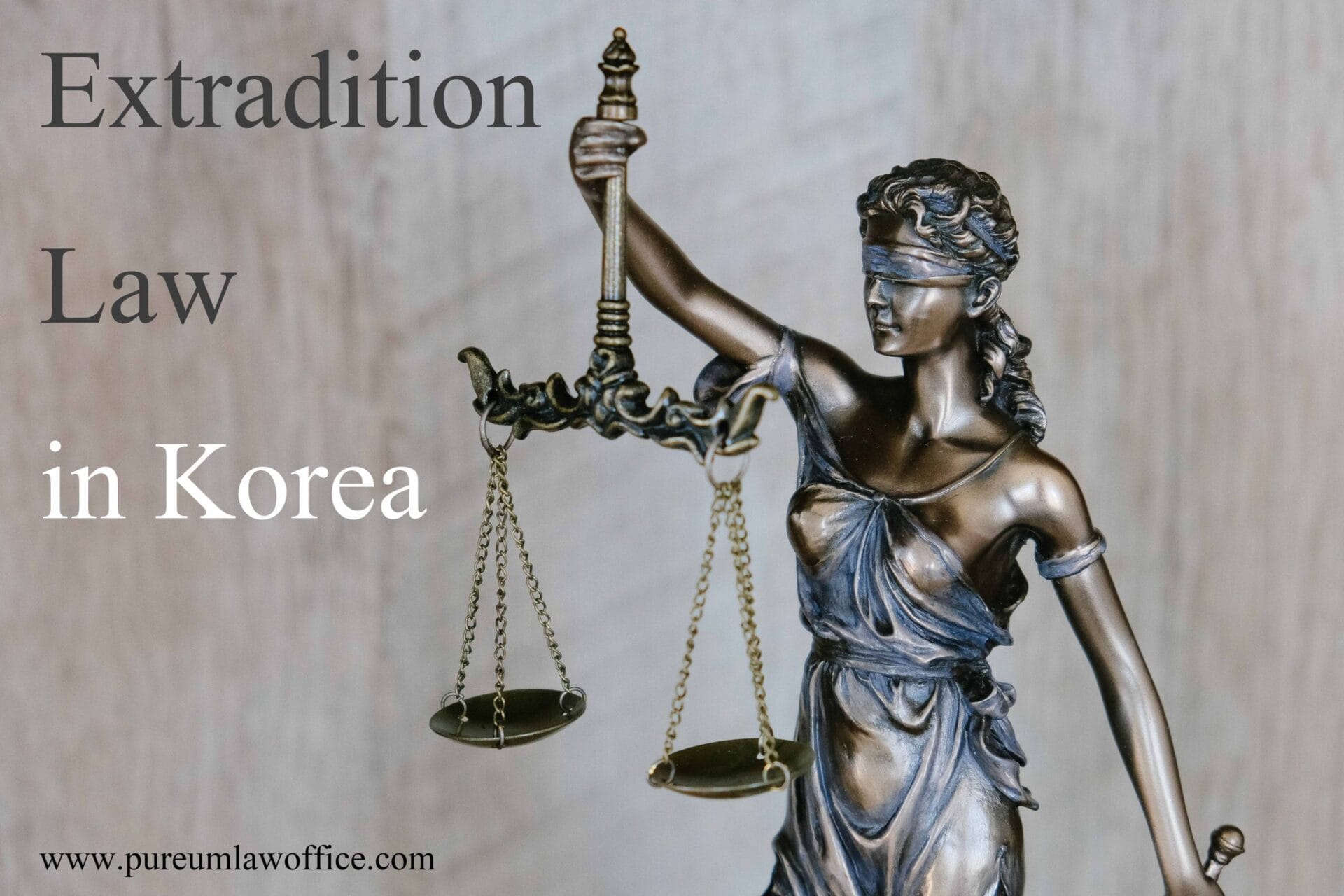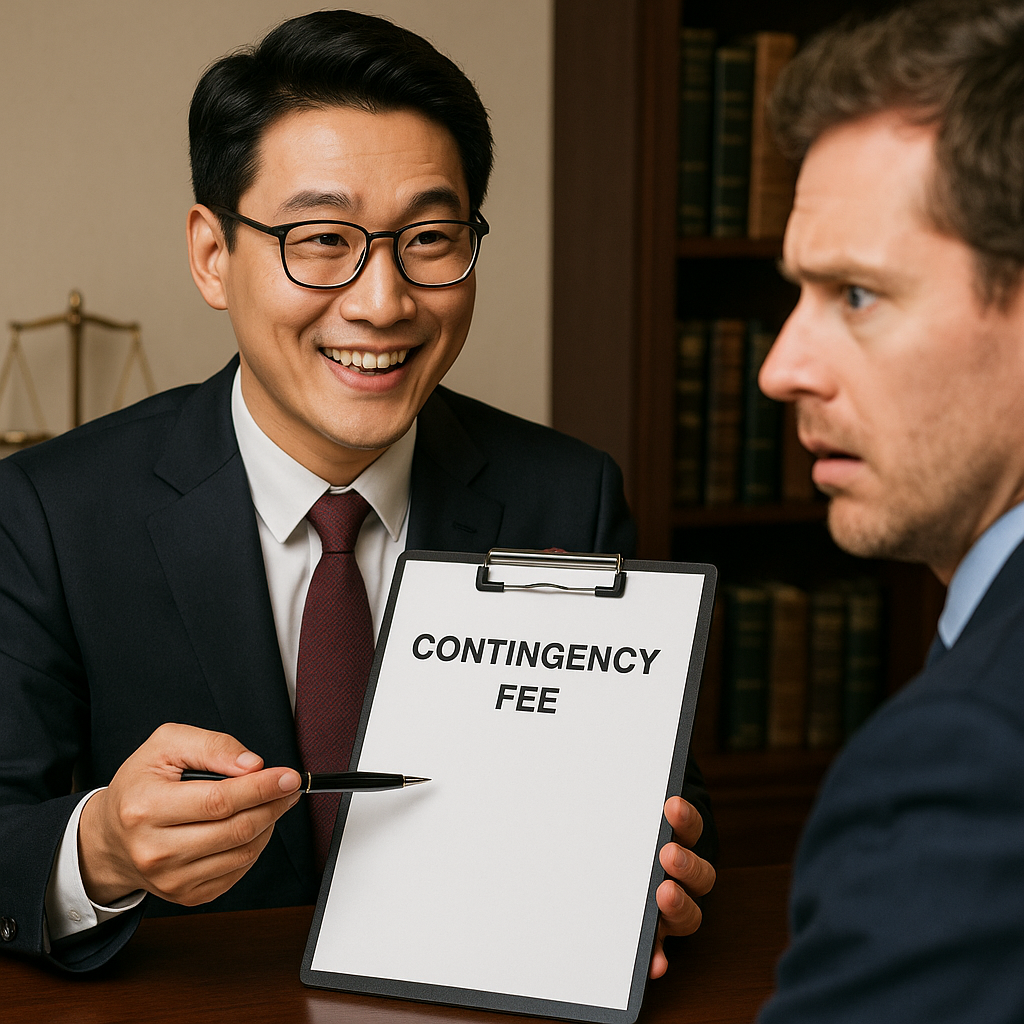Extradition to Korea in 2024

After first signing an extradition agreement with Australia in 1991, the Republic of Korea had such treaties with 78 countries by 2022, including Canada, Spain, Mexico, USA, Thailand, China, New Zealand, Japan, Vietnam, Hong Kong, France, UK, Italy, Netherlands, Denmark, Turkey, Germany, Switzerland, Portugal, Spain, Poland, and Romania.
We examine below the procedure of extradition to South Korea, as stipulated by the Korean Ministry of Justice.
1. Exclusive Jurisdiction over Extradition cases
The Seoul High Court and the Seoul High Prosecutor’s Office have exclusive jurisdiction over extradition cases.
2. Extradition Crimes
The Korean Ministry of Justice cannot request extradition for all crimes. In both countries, extradition may be requested only if the offense constitutes the death penalty, life prison labor/imprisonment*, or imprisonment for a term of not less than one(1) year.
* Prison labor means imprisonment, too, but the meaning of the latter differs from the former in that it doesn’t forcibly impose labor on the prisoner.
However, according to Korean Criminal Law, the sentences are longer than one year in most cases of imprisonment. So, in fact, most crimes can be extradition crimes, unless they are crimes that only constitute fines.
3. Procedure
A. Procedure in Korea
The Minister of Justice makes a request for extradition to the foreign country where the defendant is located. However, typically, when a Korean prosecutor in charge of the investigation or trial discovers that the defendant has fled to a foreign country, they apply for extradition to the Minister of Justice through the Prosecutor General.
B. Procedure in foreign countries
This depends on the laws of the country in which the defendant is located. Usually, a foreign judicial agency holds a trial of extradition and makes a decision, and if the final decision is to extradite the defendant, it sends documentation of that decision to the Korean Ministry of Foreign Affairs through the Korean embassy. When the Korean Ministry of Justice receives it, the prosecutor in charge of the case sends a Korean investigator to the corresponding foreign country, who arrests the defendant to bring them back to Korea.
4. Regarding whether the duration of detention for an extradition trial in a foreign country can be deducted from the imprisonment period to be executed in Korea
In an extradition case previously defended by Pureum Law Office, a foreign client was detained for about 263 days in a Danish prison while going through the extradition trial.
Our office strongly requested that the 263 days be deducted from the 1 year and 2 months of imprisonment sentenced to the client, the legal grounds being the Article 7 of the Korean Criminal Code (Inclusion of Sentences Executed Abroad*).
* “If an offender has undergone the whole or partial execution of sentence imposed abroad because of crime, the sentence either wholly or partially executed shall be included in the sentence to be declared in Korea.”
However, the Court insisted that the 263 days the foreigner spent in Denmark does not count, since it was merely a waiting period for the extradition trial, not an executed sentence.
5. Regarding cases in which Extradition is Rejected
PLO has been dealing with various extradition cases since 2014, but we have not yet seen a case in which a request for extradition requested by the Korean Ministry of Justice was rejected in a foreign country. The offender goes through an extradition trial in that country and they fight not to be extradited to Korea. If it is decided they be extradited to Korea, they may make an appeal and stall the extradition; however, in most cases, they are eventually extradited and made to enter Korea.
6. Important Points in Extradition cases
In extradition cases, since most of the offenders are detained abroad, it is impossible for them to prepare for the investigation and trial that will take place after being extradited to Korea. Therefore, it is important for their family to promptly appoint a lawyer in Korea so that the lawyer can make the necessary preparations for the upcoming investigation and trial in Korea. It becomes more likely that the results will turn out better if the lawyer diligently prepares for the case before the defendant is extradited to Korea. In addition, if the lawyer engages in sufficient communications with the investigative agency and gives assurance that the offender is not a flight risk, there arises a possibility that they will be investigated and tried without arrest or detention even after being extradited to Korea.
For example, in a recent extradition case that PLO dealt with, the offender came to Korea but had family here. Our office had emphasized to the investigator that the defendant would diligently cooperate with the due investigation and trial, and so they were investigated and tried without detention.
If you or your family or relatives have committed a crime in Korea and went abroad, but the Ministry of Justice of Korea has filed a request for extradition, it is recommended that you hire a lawyer in Korea while you prepare for an extradition trial in a foreign country. If you have any other questions, please email us.





